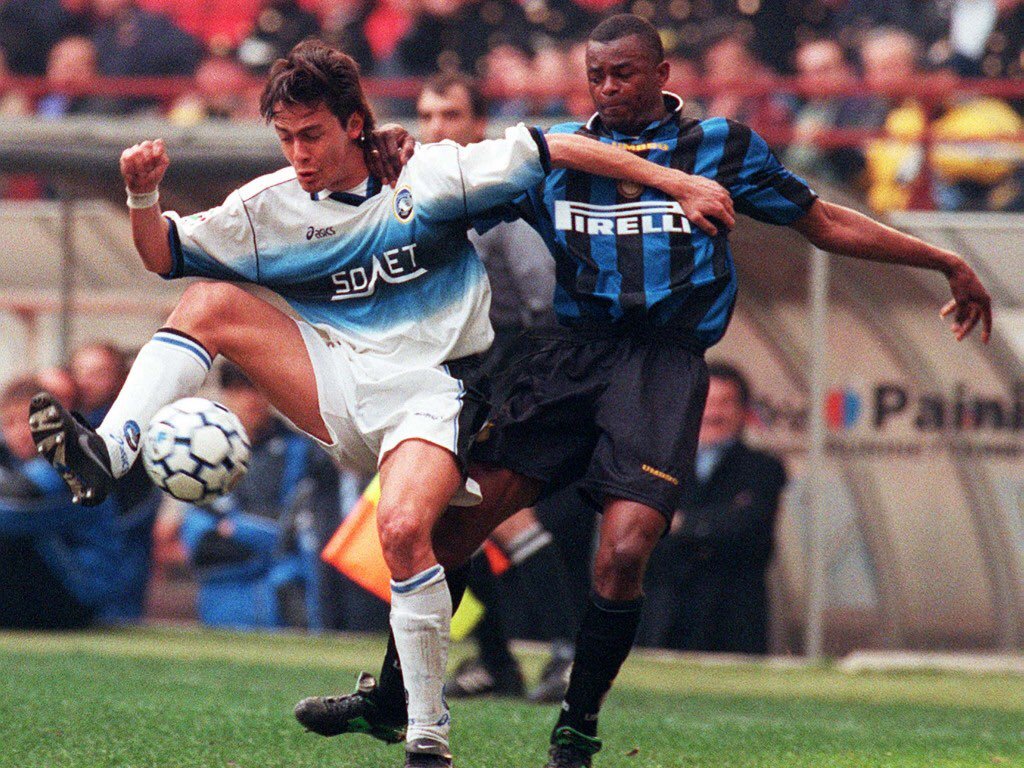Trinidad and Tobago legend Dwight Yorke recently stated that Caribbean football is on the decline. The former Manchester United man led his nation to the 2006 World Cup, only the fourth Caribbean country ever to participate in the event.
But is there any truth in his statement? Are Caribbean nations failing to produce as many top-level players? And is Caribbean football on the decline?
International record
At international level, only Cuba, Haiti, Jamaica and Trinidad and Tobago have ever made it to the World Cup. Cuba performed the best, reaching the quarter-finals in 1938. All the others failed to get beyond the first round.
Jamaica are currently the highest ranked Caribbean team, at No. 54 in the world, ahead of Curaçao at 81, while 2006 participants Trinidad and Tobago have dropped to 91. Turks and Caicos Islands are the lowest-ranked team from the region at No. 206.
In the early betting for the World Cup winner, no Caribbean team has been included in odds released by Betway, but that may change once the qualification campaign gets underway.
Judging Caribbean football by the performance of its teams at international level is not easy. They are always going to struggle against team from bigger federations with higher quality leagues. A better measure of the quality might be to look at how many Caribbean players are breaking into the top level.
Caribbean stars
There has been a long history of Caribbean players, or those with Caribbean heritage, breaking through at the top level. One of the first was Jamaican Lindy Delapenha who signed for Portsmouth in 1948 before moving to Middlesbrough. He paved the way for many future stars.
Dwight Yorke made more than 400 top-flight appearances in England, most notably for Aston Villa and Manchester United, where he won three league titles, an FA Cup and a Champions League. But there have been many other Caribbean players to reach the top level in Europe.
Guadeloupe-born Jocelyn Angloma also played more than 400 games in Europe featuring at right-back for Rennes, Lille, Paris Saint-Germain, Marseille, Torino, Inter and Valencia. He won the French league and Champions League with Marseille, the Spanish league and two domestic cups for Valencia and reached the UEFA Cup final with Inter.
Trinidadian footballer Russell Lapaty made his name in Portugal where he won two league titles with Porto (under English coach Bobby Robson) and a Portuguese Cup and Super Cup with Boavista. The midfielder later moved to Scotland where he spent 13 years representing the likes of Hibernian, Rangers, Dundee United and Falkirk. He won the Scottish First Division title twice and the Scottish League Cup once.
Jamaican Ricardo Gardner’s performances at the 1998 World Cup earned him a move to English club Bolton Wanderers, where he immediately established himself as a first team regular. The left winger scored a late goal in the 2001 Football League First Division play-off Final against Preston North End as Bolton secured promotion to the Premier League. He stayed with the club until his retirement in 2012.
Other great stars include Shaka Hislop (Trinidad and Tobago), Justin Hoyte (Trinidad and Tobago), Donovan Ricketts (Jamaica) and Pascal Chimbonda (Guadeloupe).
World cup winners Thiery Henry and Lillian Thuram are the highest profile example of European players born to parents from the Caribbean.
Of the current crop of Caribbean internationals, Wes Morgan is one of the best. Born in Nottingham, England, Morgan has made 30 appearances for Jamaica since his debut in 2013. He spent 10 years playing for Nottingham Forest before moving to Leicester City in 2012. There, he captained the team to a remarkable Premier League title win against all the odds.
However, there seems to have been fewer players breaking through in recent years.
The future of Caribbean football
With a smaller pool of talent, it is hard for the region to make an impact on the international stage. Former Trindad and Tobago player Shaka Hislop suggested to SB Nation that the Caribbean Football Union has been too focussed on trying to emulate the successful blueprints of bigger nations such as Spain and Germany rather than developing their own game.
Reports suggest, the Union are contemplating breaking away from the CONCACAF to form a seventh federation – they already represent 31 of the 41 national teams in that group. This could boost their share of TV revenue and guarantee a World Cup berth for at least one Caribbean nation, especially as the tournament is due to be expanded. Having a team at the World Cup every four years could help to put more Caribbean players in the shop window and help to raise the overall profile of the game.




















